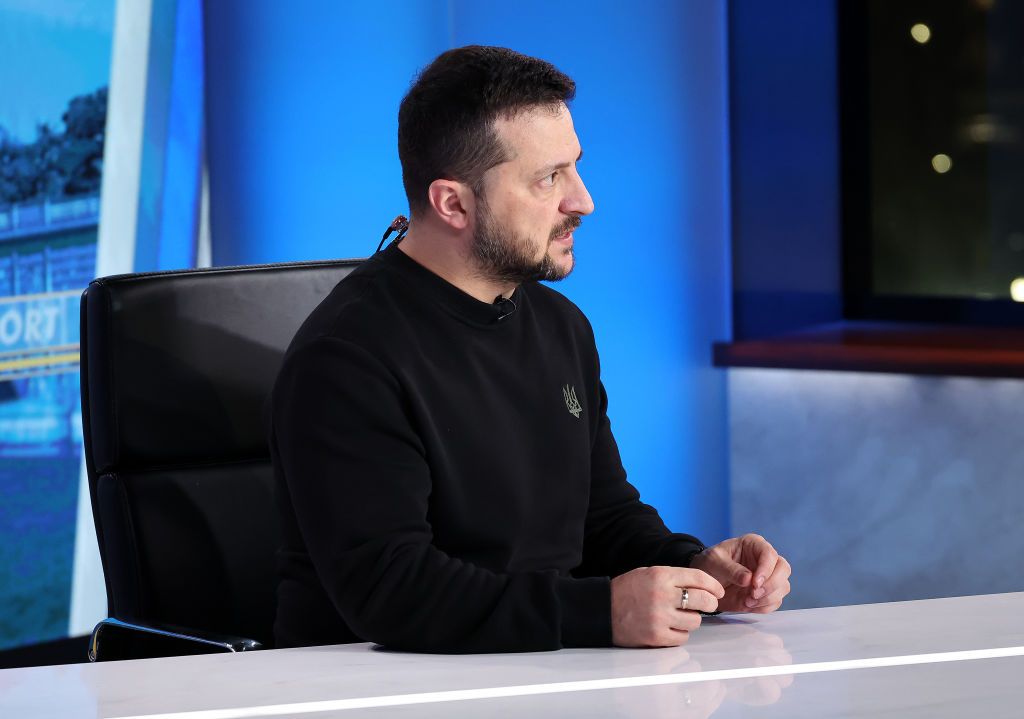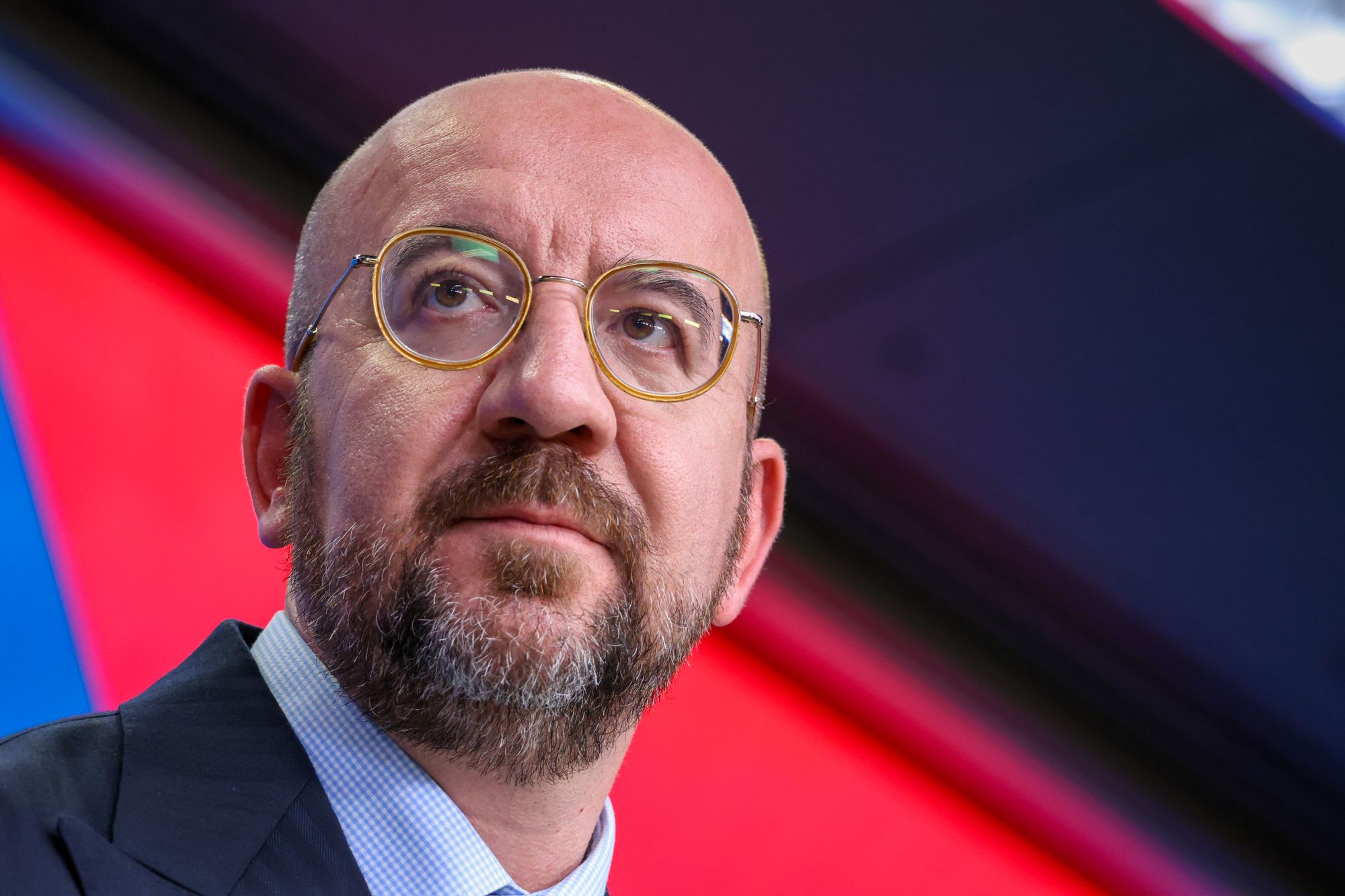The European Council has agreed to open accession talks with Ukraine and Moldova, European Council President Charles Michel announced on Dec. 14.
The announcement from the two-day summit in Brussels delivered a significant political victory for Ukraine amid worries that Hungarian Prime Minister Viktor Orban would block the start of the negotiations and uncertainty over aid from the U.S.
"It shows the credibility of the European Union, the strength of the European Union. The decision is made," Michel told the journalists in Brussels. "It was important that no member states would oppose the decision, this is why we were in a position to make this announcement tonight."

An EU source told the Kyiv Independent that “PM Orban was momentarily absent from the room in a pre-agreed and constructive manner.”
Orban reiterated his opposition in a statement on Facebook following Michel's announcement, saying "EU membership of Ukraine is a bad decision. Hungary does not want to participate in this bad decision!"
Michel said the work will continue on the multi-annual financial framework in the hours to come as leaders juggle financial support for Ukraine with other priorities of the European Union, calling the debate difficult.
"I thank everyone who worked for this to happen and everyone who helped. I congratulate every Ukrainian on this day," President Volodymyr Zelensky wrote on social media in a response to the announcement.
The Council also granted candidate status to Georgia. The EU will open negotiations with Bosnia and Herzegovina after progress in membership criteria is reached, Michel said.
"A clear signal of hope for their people and for our continent," Michel commented.
Ukraine and Moldova were granted candidate status last June, after which Kyiv was presented with seven criteria that need to be fulfilled to start accession talks with the EU.
The European Commission issued a favorable assessment of Ukraine's progress in November and recommended the launch of the accession talks.
According to the Commission's report from Nov. 8, Kyiv fulfilled four of the seven criteria pertaining to two judicial reforms, the alignment of anti-money laundering legislation, and media reform.

Earlier this week, European Commission President Ursula von der Leyen said that the country is well on its way to fulfilling the remaining recommendations.
Despite Ukraine's progress, Hungary appeared determined to block the start of the talks.
Hungarian Prime Minister Viktor Orban, who has friendly ties with Russia, has also opposed discussing the $53 billion Ukrainian aid package Ukrainian aid in the EU's budget and said that Ukraine is "light years" away from EU membership.
The remaining 26 EU member states were determined to overcome Hungary's objections and move forward with key priorities for Ukraine, senior EU officials told journalists on Dec. 13.
Shortly before the summit, Budapest signaled some willingness to compromise, saying it would be open to funding for Ukraine in exchange for releasing frozen EU funds earmarked for Hungary.
The European Commission released around $11 billion in EU cohesion funds on Dec. 13 but insisted this decision was in reaction to Hungary's judicial reform adopted in May.













